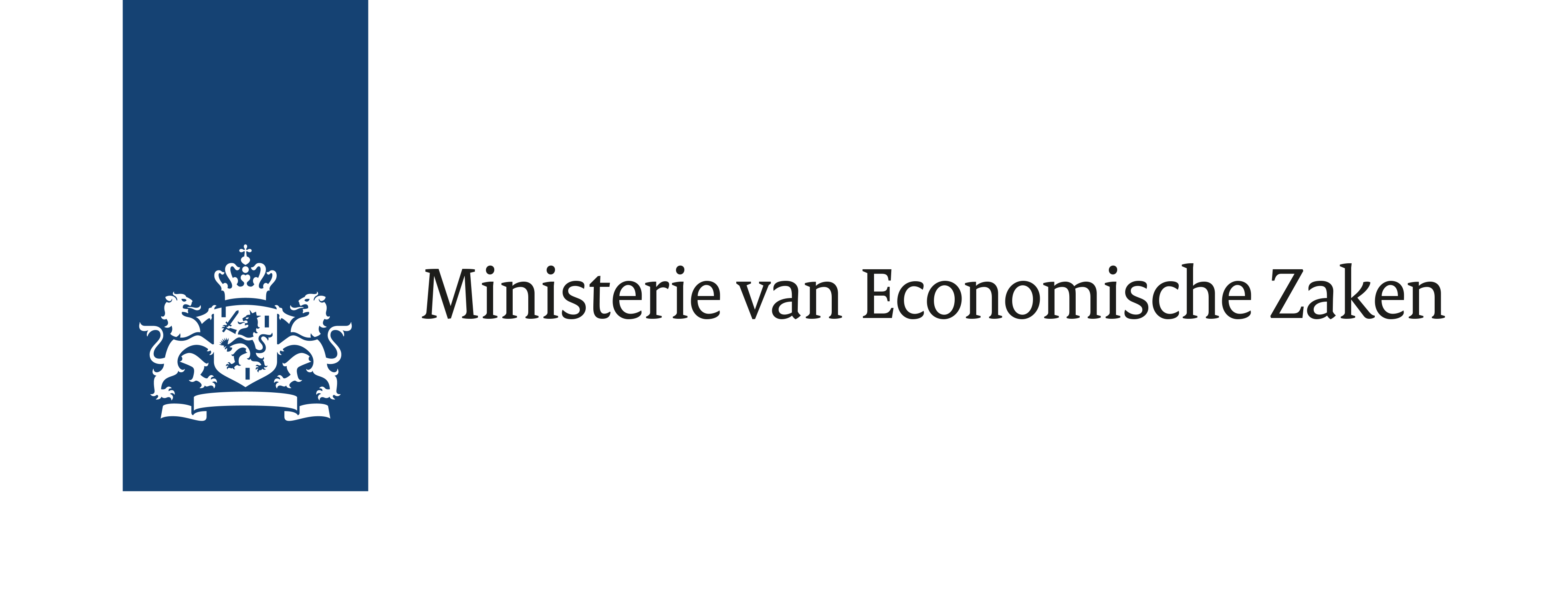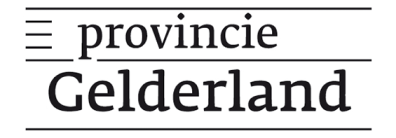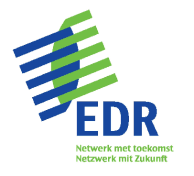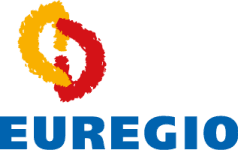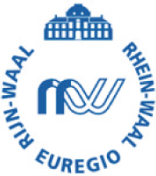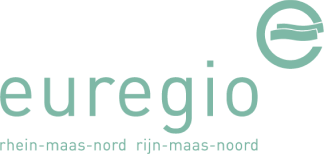If we start from the needs of plants with regard to water and nutrients, we can ensure that they grow optimally. The moisture in the soil is often measured as a basis for watering. In this project we measure the needs of the plant directly by measuring with sensors on the leaves whether moisture stress is coming. And based on that need, we will dose the water, not too little, but certainly not too much. The plant suffers and valuable nutrients are washed away. Too bad for the plant and bad for the groundwater.
Irristaud is a combination of irrigation and Stauden, German for perennials. The project focuses on the cultivation of garden plants in pots and blueberries. When growing garden plants in pots, watering is usually done with watering wagons or sprinkler systems. This almost always leads to an overdose of water. Water is a precious and scarce commodity. Climate change forces us to handle our water even more carefully. Irristaud focuses on optimizing the water supply for plants in pots, containers and line plantings.
The project has three related lines:
1. Measuring the plant’s need for water using sensors that measure plant stress based on leaf positions and photosynthesis. This is combined with the usual measurements of the soil. The measurements are carried out using flying and mobile sensor positioning systems and sensors in pots, respectively.
2. The measured data is transformed on a newly developed platform using Artificial Intelligence into algorithms and control data for targeted and metered irrigation. The platform will also be suitable for other crops.
3. Targeted and optimally dosed watering of the plants. The intended effects are:
*Cultivating plants grow better with the same use of resources and raw materials because they are not given too little or too much water or at the wrong time
*Optimization of the use of nutrients and fertilizers
*Less water is used
*The leaching of fertilizer and nutrients into the soil or groundwater is prevented.
Irristaud is a cross-border collaboration between groups of plant growers, research companies and research institutions. Together they have a unique combination of scientific knowledge, applied knowledge and grower skills.
A co-creation group of growers is formed for each development line. In this way, growers are involved in the development process and the solutions can fit in with daily practice, so they are directly applicable. A reference group will be established with Gelderland tree growers and WUR so that the working method can be quickly transformed to tree cultivation in pots if successful.

